Proposal for the tax imposion on the second property of real estate owners in Ho Chi Minh City
Ho Chi Minh City (HCMC) proposes to increase the land tax on properties not directly used by the owner or on the second property of real estate and beyond.
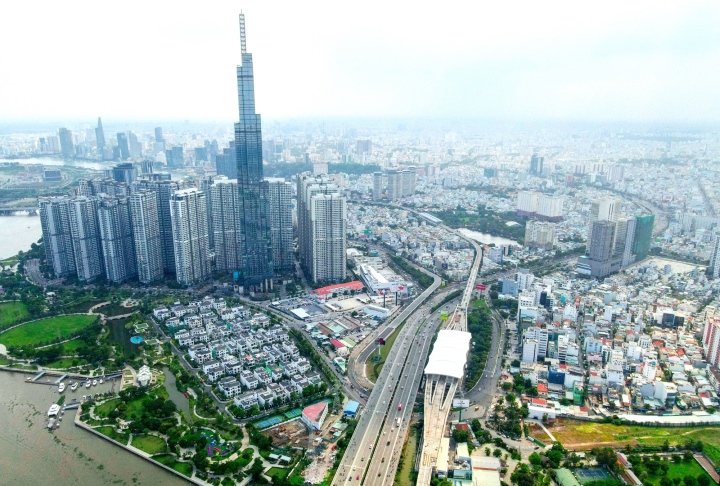
This proposal was raised by the People's Committee of Ho Chi Minh City in the draft Resolution to replace Resolution 54, sent to the Ministry of Planning and Investment of Vietnam for appraisal before submitting it to the Government of Vietnam.
Previously, in 2017, the National Assembly issued Resolution 54 with many special mechanisms for Ho Chi Minh City, aiming to create new momentum for the metropolis of 13 million residents to leap forward. However, after four years of implementation, the city has not achieved the expected results due to various constraints from different ministries. Most special policies related to financial management aimed at increasing revenue, such as the privatization of state-owned enterprises and revenue from auctioning public assets, have not been implemented...
This draft includes many updates compared to the version sent to the Government of Vietnam in December 2022, notably the proposal to collect taxes on the second and subsequent homes with two approaches.
Approach 1, the City recommends piloting the collection of taxes on houses and homestead land that the owner does not directly use. The Standing Committee of the National Assembly will regulate the tax rate, calculation method, and application period.
Approach 2, the City proposes increasing tax-related revenue on the second and subsequent homes, specifically including: registration fees when purchasing or transferring; non-agricultural land use tax and personal income tax from the transfer of second and subsequent homes.
The increase rate will be decided by the City People's Council, including: non-agricultural land use tax for homestead land (not exceeding 5 times the current rate) and personal income tax from the transfer of second and subsequent homes (not exceeding 2 times the current rate); increasing the registration fee rate when purchasing or transferring second and subsequent homes from 0.5% of the transfer value to 2%, and the maximum transfer rate per dossier from 500 million VND to 1 billion VND.
The City will retain 100% of the additional revenue from this source, and it will not be used to determine the percentage ratio with revenue-sharing items between the Central and local budgets.
The proposal for taxing second and subsequent homes was previously mentioned in the draft policy to replace Resolution 54, which Ho Chi Minh City sent to the Government of Vietnam in December 2022. The city government stated that this approach would deter speculative actions that leave houses and land in real estate projects vacant, wasting social resources, while also laying the groundwork for formulating future general policies. This proposal has garnered much attention.
Besides the proposal for housing and land tax, the draft suggests mechanisms and policies in 7 fields including: investment management; financial budget; urban and environmental resources; priority industries to attract strategic investors; science and technology management, innovation; organizational structure, decentralization, delegation, and officials and public employees, workers; mechanisms for decentralization, delegation, and organizational structure of Thu Duc City...
Some policies in Resolution 54 that the city recommends piloting with changes include: To be specific, the rate of land levy revenue enjoyed when selling public property attached to land managed by central agencies, organizations, units, and enterprises reduced from 50% to 30%. The city also proposes increasing the ceiling total debt level when borrowing through local government bond issuance, from the Government of Vietnam's lending source from 90% to 120% of the city's budget revenue according to decentralization...
The draft also includes many new points compared to Resolution 54, such as: allowing districts to actively use the budget from unallocated spending; permitting the City's financial investment company to be a special financial institution; developing the carbon market; land exchange in compensation for site clearance; incentives in attracting strategic investors...
- Number of deputy directors of departments in Vietnam in accordance with Decree 45/2025/ND-CP
- Cases ineligible for pardon in Vietnam in 2025
- Decree 50/2025 amending Decree 151/2017 on the management of public assets in Vietnam
- Circular 07/2025 amending Circular 02/2022 on the Law on Environmental Protection in Vietnam
- Adjustment to the organizational structure of the Ministry of Health of Vietnam: Certain agencies are no longer listed in the organizational structure
- Vietnam aims to welcome 22-23 million international tourists in Vietnam in 2025
-
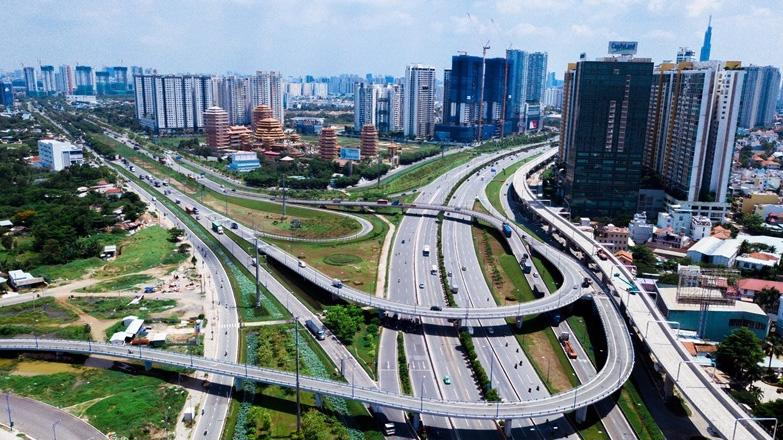
- Economic infrastructure and social infrastructure ...
- 18:00, 04/03/2025
-
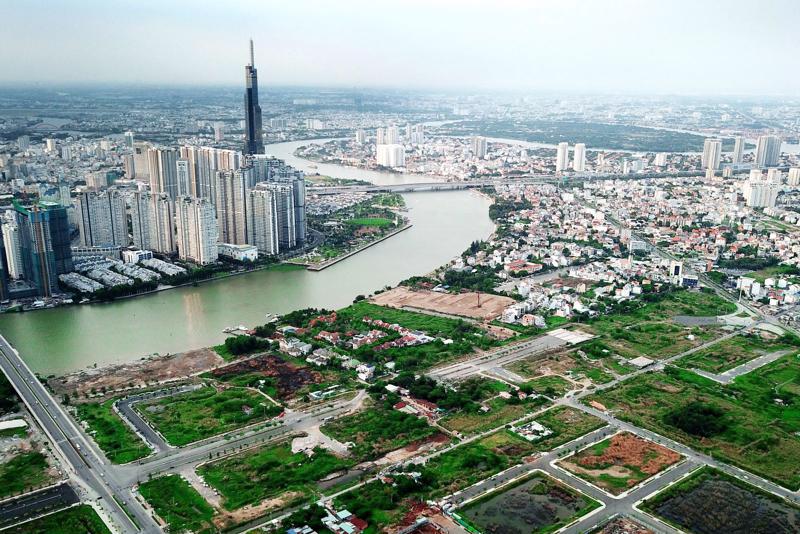
- Principles for implementing specific policies ...
- 17:21, 25/02/2025
-
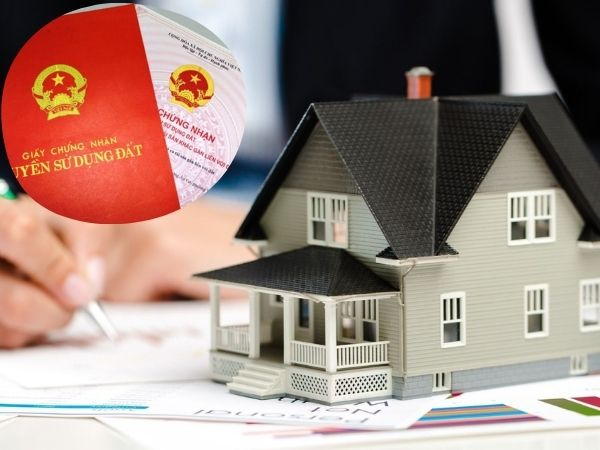
- Fee for issuance of Land Use Rights Certificate ...
- 07:56, 25/02/2025
-
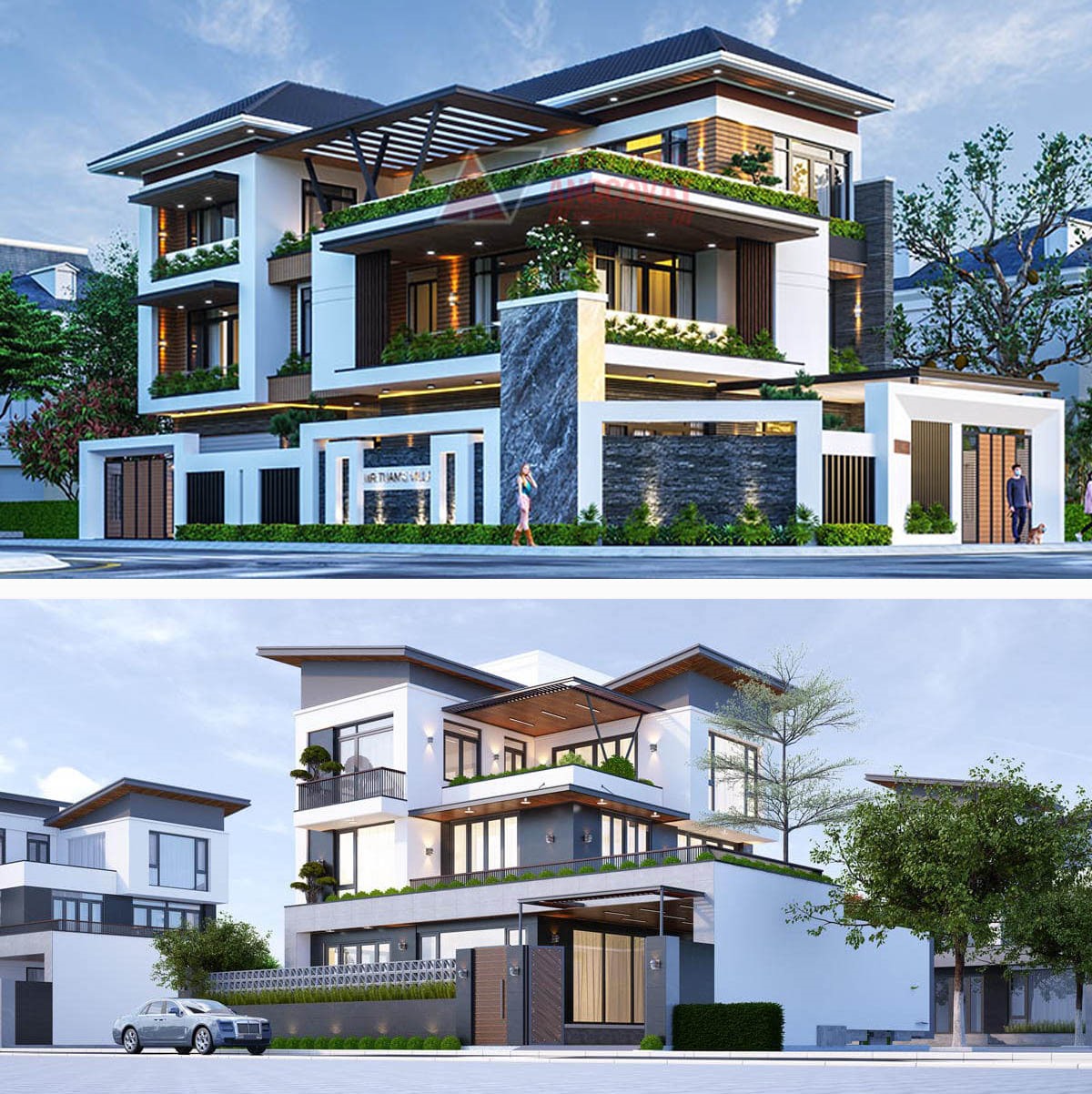
- Guidelines for maintenance and renovation of villas ...
- 14:30, 21/02/2025
-
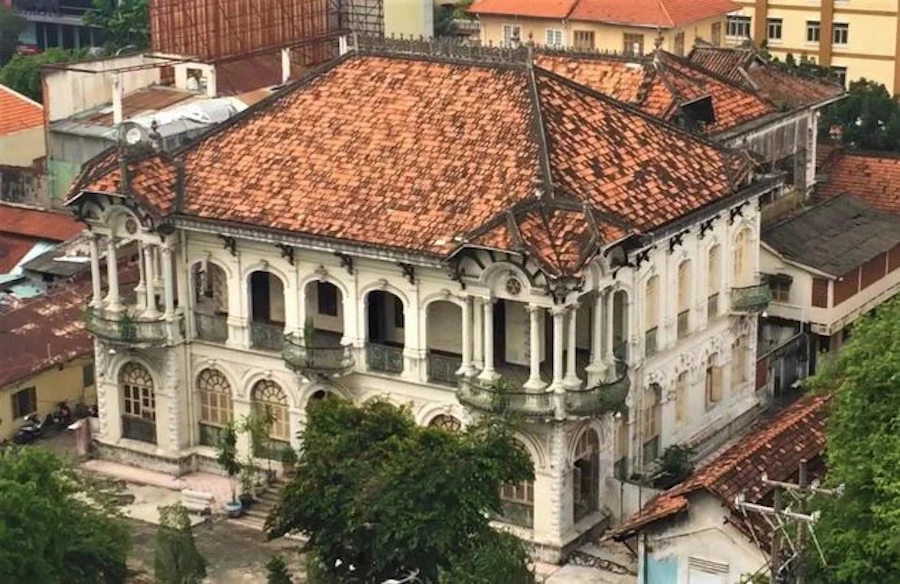
- Ho Chi Minh City will manage and use villas according ...
- 15:32, 14/02/2025
-
.Medium.png)
- Notable documents of Vietnam in the previous week ...
- 16:11, 02/04/2025
-
.Medium.png)
- Notable new policies of Vietnam to be effective ...
- 16:04, 02/04/2025
-
.Medium.png)
- Notable new policies of Vietnam effective from ...
- 14:51, 21/03/2025
-

- Notable documents of Vietnam in the previous week ...
- 16:01, 20/03/2025
-
.Medium.png)
- Notable new policies of Vietnam effective as of ...
- 16:50, 14/03/2025
 Article table of contents
Article table of contents
